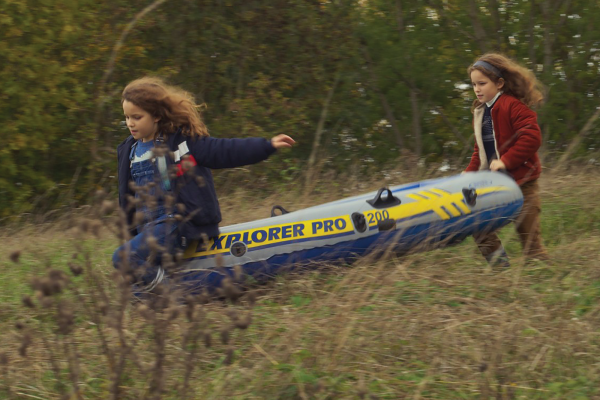OVER THE LAST year we’ve had to reconsider our definition of what makes a “sacred space.” When churches and temples closed due to the pandemic, our homes became places of worship for many of us.
This cemented what’s always been true: Sacred space is a fluid thing. It can be a place of deep personal meaning or shared memories with people we care about. A sacred space doesn’t even need to be a physical location. It could also be the spiritual space created whenever we’re with those we love or remember people we’ve lost.
Céline Sciamma’s tender film Petite Maman speaks to this. A little girl, Nelly (Joséphine Sanz) and her mother, Marion (Nina Meurisse), grieve the death of Marion’s mother and clean out Marion’s childhood home. Sciamma’s movie becomes a meditation on everyday sacred spaces, including those that can exist within mother-daughter relationships.
Read the Full Article

